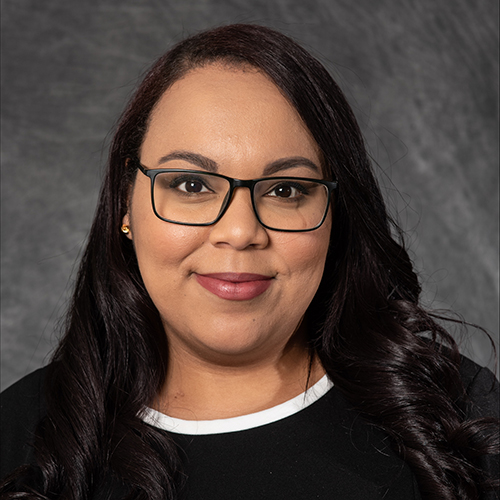Imagine being sick with body chills, aches and pains and a terrible cough – and lacking the energy to eat, or even pull yourself out of bed. Imagine having to get up, get dressed and go to work anyway – because if you do not, your boss will reprimand you – or worse, fire you. And you will not be able to put food on the table for your family.
No one should be forced to choose between risking their paycheck and caring for loved ones or themselves. Nearly 27 million people – more than 1 in 5 private sector workers – can not access a single paid sick day. Paid sick days allow workers to take brief periods of time away from work they need to attend to their and their family’s health.
Currently, 15 states and 21 cities and counties have passed paid sick days laws allowing workers to take job-protected time to attend doctor’s appointments, pick up sick children from school, and more. This November, as people across the nation take to the ballot box for the chance to vote on the issues they care about most, up to three more states could join the list of those providing paid sick days to workers: Alaska, Missouri, and Nebraska.
Alaska & Missouri
In Alaska and Missouri, the ballot initiatives on paid sick days would offer similar benefits: workers would be able to earn one hour towards paid sick days for every 30 hours worked. Depending on the size of the employer, workers may be able to earn additional paid sick days. For employers with 15 or more employees, workers may earn and use up to seven paid sick days per year. If an employer has fewer than 15 employees, workers can earn and use up to five days of paid sick days per year.
Nebraska
If the ballot initiative is successful in Nebraska, workers also will be able to earn one hour towards paid sick days for every 30 hours worked. At employers with 20 employees or less, workers can earn and use up to five paid sick days per year. For workers at employers with more than 20 employees, workers can earn and use up to seven paid sick days per year.
Paid sick days do not only support families, they are also good for businesses, too. In fact, businesses benefit when their employees have access to paid sick days. When sick workers are able to stay home to recover, it lessens the risk of contagion, making workplaces healthier and employees more productive. Workers can also obtain timely medical care and recover faster from illness, enabling them to get back to work sooner while also reducing health care costs.
New polling from the National Partnership and Small Business Majority also finds that 87 percent of small business owners say it’s important for people to have access to paid sick days to obtain financial security. Eight percent of small businesses report that a lack of paid sick leave has led to a valued employee leaving work. Paid sick days are essential for a business to thrive.
Voters in Alaska, Missouri, and Nebraska have the opportunity to secure job-protected paid sick days for their states. Workers become sick, and they should never have to make the decision to keep their job or their paycheck, or sacrifice their health. The ask is small; in exchange for 30 hours of work, an employer provides one hour toward a paid sick day – but it would make a big difference, especially for workers who currently lack access to paid sick days. Workers are only asking for up to seven paid sick days out of a year. This November voters have a chance to guarantee access to paid sick days to care for themselves and their sick family members.
Credits: Author would like to thank Gail Zuagar, Kate Gallagher Robbins, Anwesha Majumder and Mettabel Law for their contributions.


